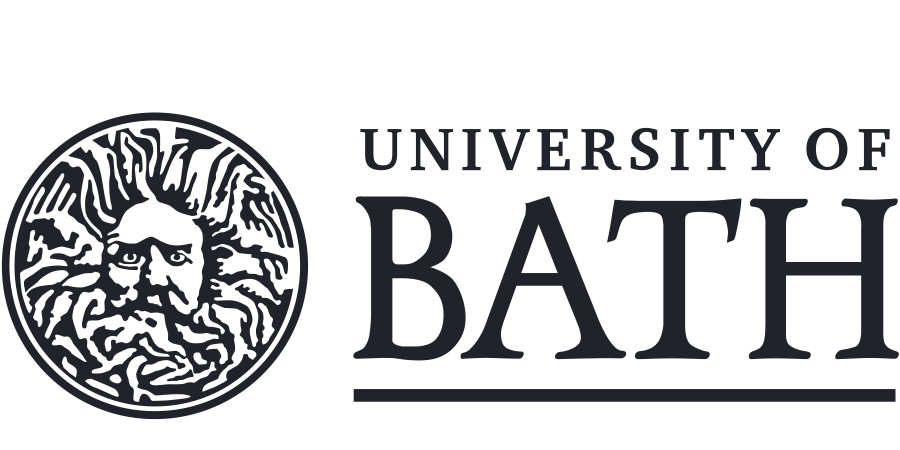14:00
A Lusztig-Shoji algorithm for quivers and affine Hecke algebras
Abstract
Perverse sheaves are an indispensable tool in representation theory. Their stalks often encode important representation theoretic information such as composition multiplicities or canonical bases. For the nilpotent cone, there is an algorithm that computes these stalks, known as the Lusztig-Shoji algorithm. In this talk, we discuss how this algorithm can be modified to compute stalks of perverse sheaves on more general varieties. As an application, we obtain a new algorithm for computing canonical bases in certain quantum groups as well as composition multiplicities for standard modules of the affine Hecke algebra of $\mathrm{GL}_n$.





